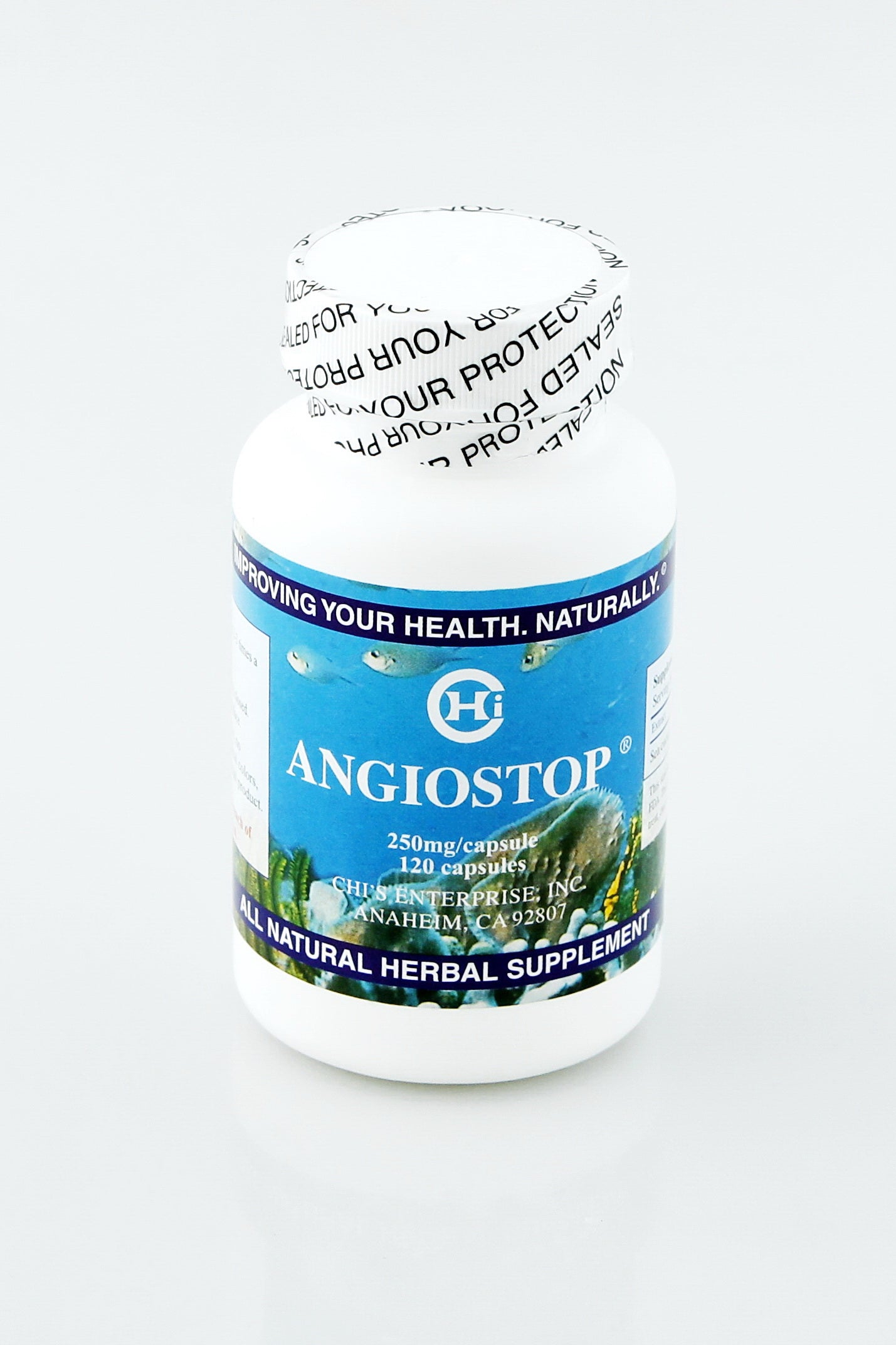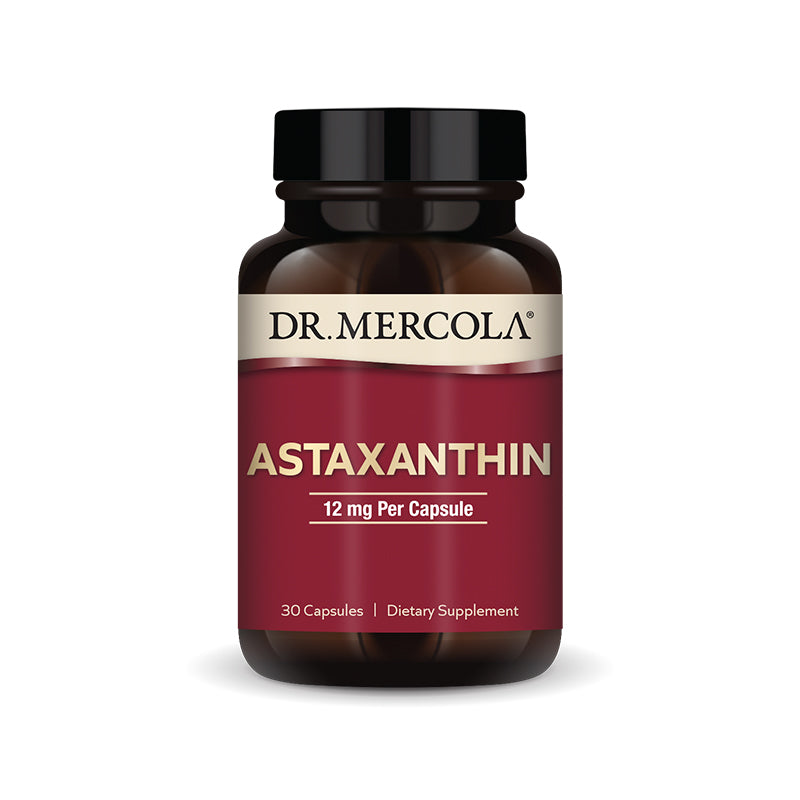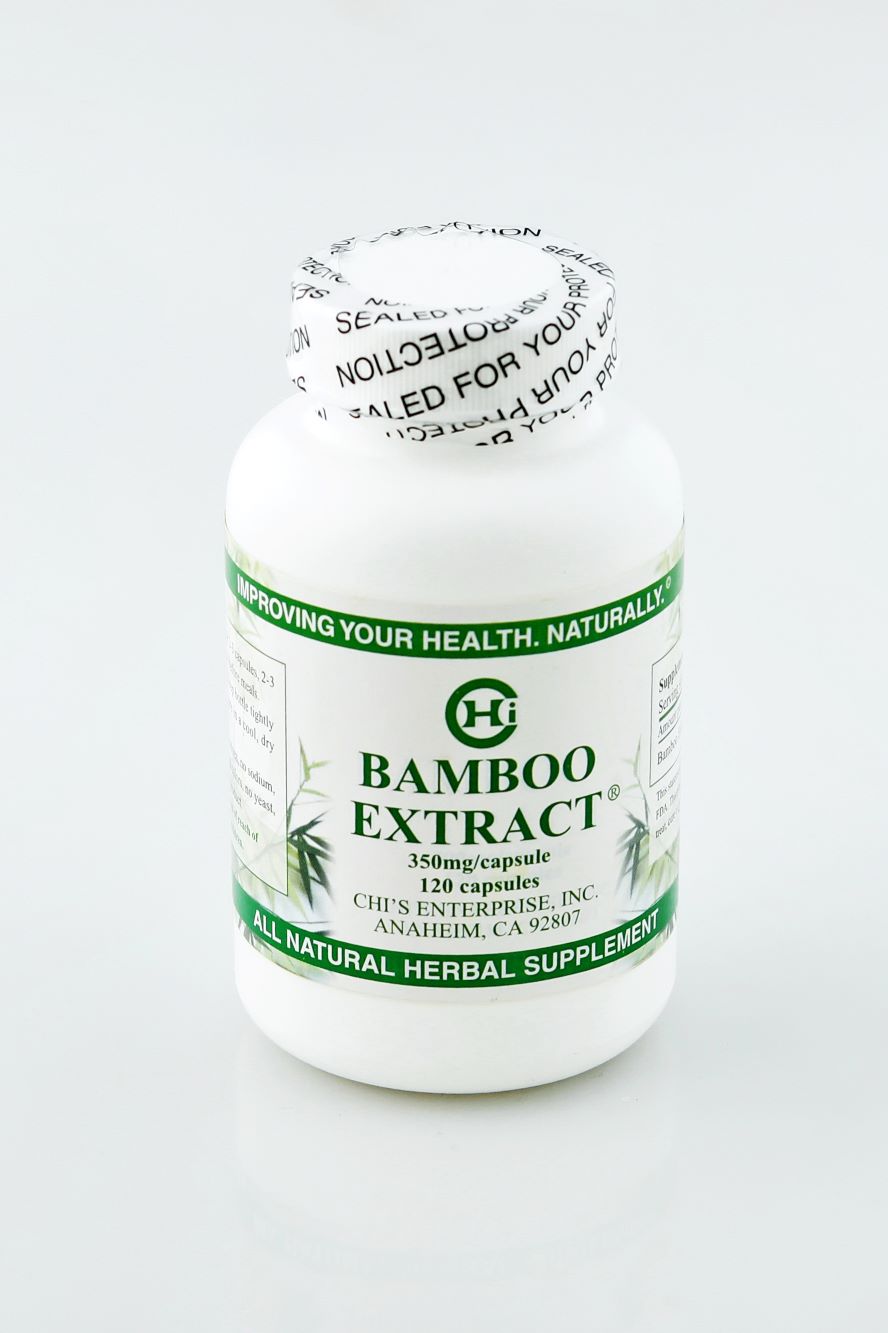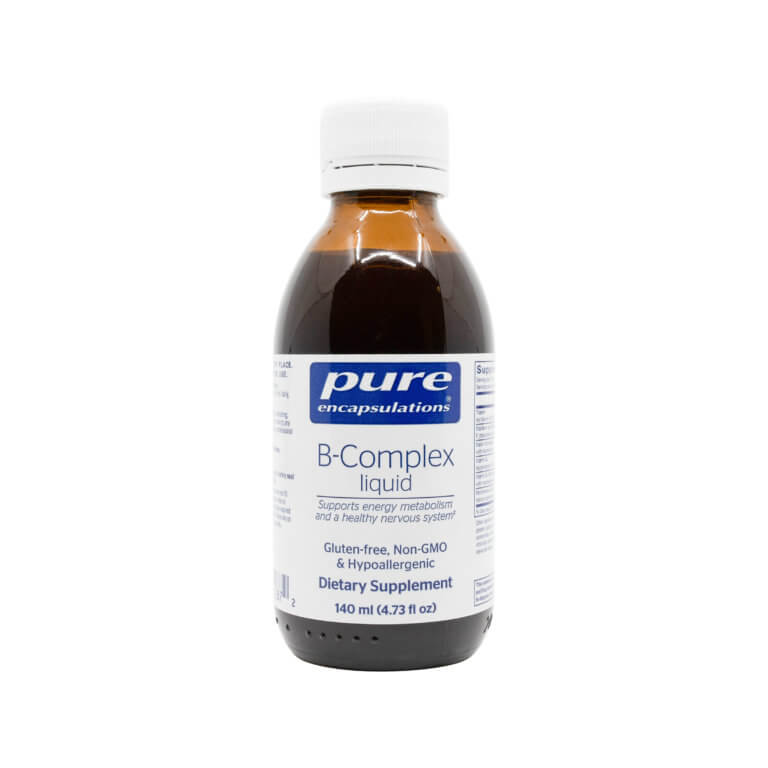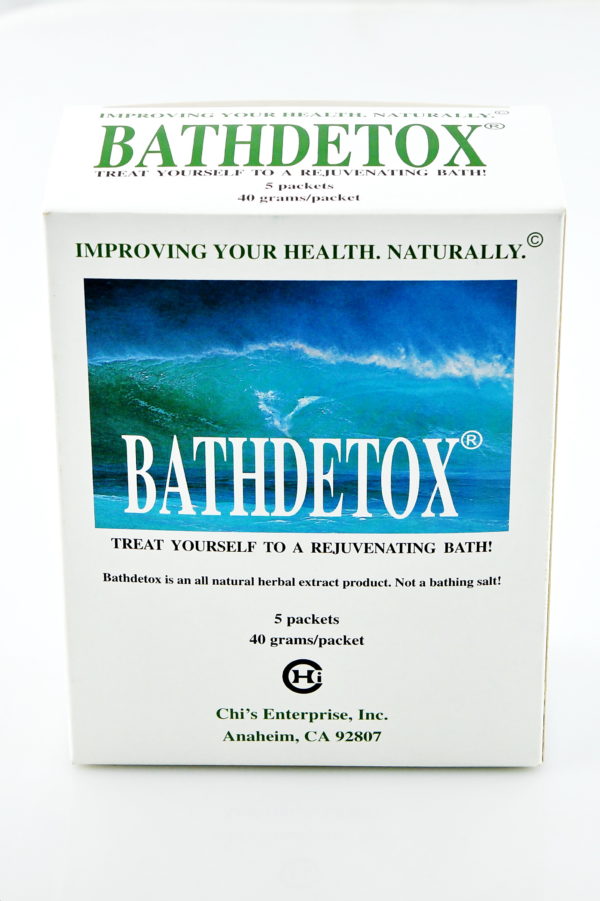Cart
0
“Thyroid symptoms?” Your thyroid probably isn’t the problem. Hypothyroidism – low thyroid function – is the most common thyroid dysfunction in the U.S. About 40% of us, mostly women, are diagnosed with it and this number is growing every year. Millions more people go undiagnosed. Typical diagnosis doesn’t even test thyroid health directly, and standard “treatment” with medications only cover up symptoms and do nothing to halt or slow further damage to the thyroid gland. So what is the thyroid gland? What is hypothyroidism? Your thyroid gland is located in the front of your neck and is shaped a bit like a bow tie. It weighs just about an ounce, but it serves a hugely important function. Its job is to secrete hormones that regulate energy production in the mitochondria of our cells. Mitochondria produce our energy. When your thyroid hormones are out of balance, mitochondrial energy production drops, meaning the energy in your body drops. Symptoms of hypothyroidism include fatigue, cold hands and feet, dry skin, dry hair, thinning of the outer third of the eyebrows, puffy face, weight gain or the inability to lose weight, constipation, brain fog or trouble concentrating, depression and an inability to get a good night’s sleep even though you’re exhausted. Typical diagnosis of hypothyroidism is flawed Most conventional doctors only test TSH (thyroid stimulating hormone). Why is this a problem? TSH is not a thyroid hormone – TSH is produced by the pituitary gland in the brain. While it’s the job of TSH to stimulate the thyroid to produce more thyroid hormones, other lab tests are needed to determine just how your thyroid hormones are imbalanced. These tests include TSH, Free T3, Free T4, and Reverse T3. Thyroid antibodies should also be checked to see if your immune system is attacking your thyroid gland. Iodine, selenium, and other nutrients essential to thyroid gland health should also be measured. In addition, the adrenal hormones cortisol and DHEA must be checked because these hormones greatly influence thyroid function and the response of cells to thyroid hormones. Insulin and blood sugar abnormalities, heavy metal toxicity, and poor liver function can all impair thyroid function as well. Knowing this, you can see that hypothyroidism isn’t just about treating thyroid symptoms, but about addressing problems in the entire body. Synthroid, Armour, and other thyroid medications only cover up symptoms It should be obvious by now that merely taking prescription drugs like Synthroid, levothroid, and even Armour simply cover up symptoms. Synthroid, levothroid and similar medications only contain T4, which is the inactive form of thyroid hormone. Many people have problems converting T4 its active form, T3. T4 is converted to T3 primarily in the liver and kidneys. This conversion is also highly dependent on selenium, and can also be disrupted by imbalances in adrenal hormones. Poor conversion of T4 to T3 is why many people who begin to take Synthroid often don’t feel much better or their improvement does not last very long. To top it off, Synthroid depletes calcium from the bones, contributing to the development of osteoporosis. Armour thyroid or Naturethroid are a little better, since these contain both T4 and T3 from a natural source (dessicated porcine thyroid gland extract), but these medications still only cover up and ignore the root cause of the thyroid dysfunction. There’s a better way to address thyroid symptoms! So often in our clinic, we see that thyroid dysfunction doesn’t originate in the thyroid at all. By supporting adrenal health, adopting a thyroid-supportive diet, and supplementing with the appropriate vitamins and minerals, many clients have returned to normal thyroid function. If you feel like you might have hypothyroid symptoms or even if you’ve been diagnosed as hypothyroid but your prescription still leaves you feeling “off,” know that there are effective, natural ways to get your thyroid and your other body systems back into balance, allowing your body to heal itself. If you need help with thyroid symptoms that continue despite taking thyroid meds, call my office today for a complimentary 20-minute consultation to find out how I can help: (562) 375-0955. I’d love to chat with you! Joy and Health, Lynda

